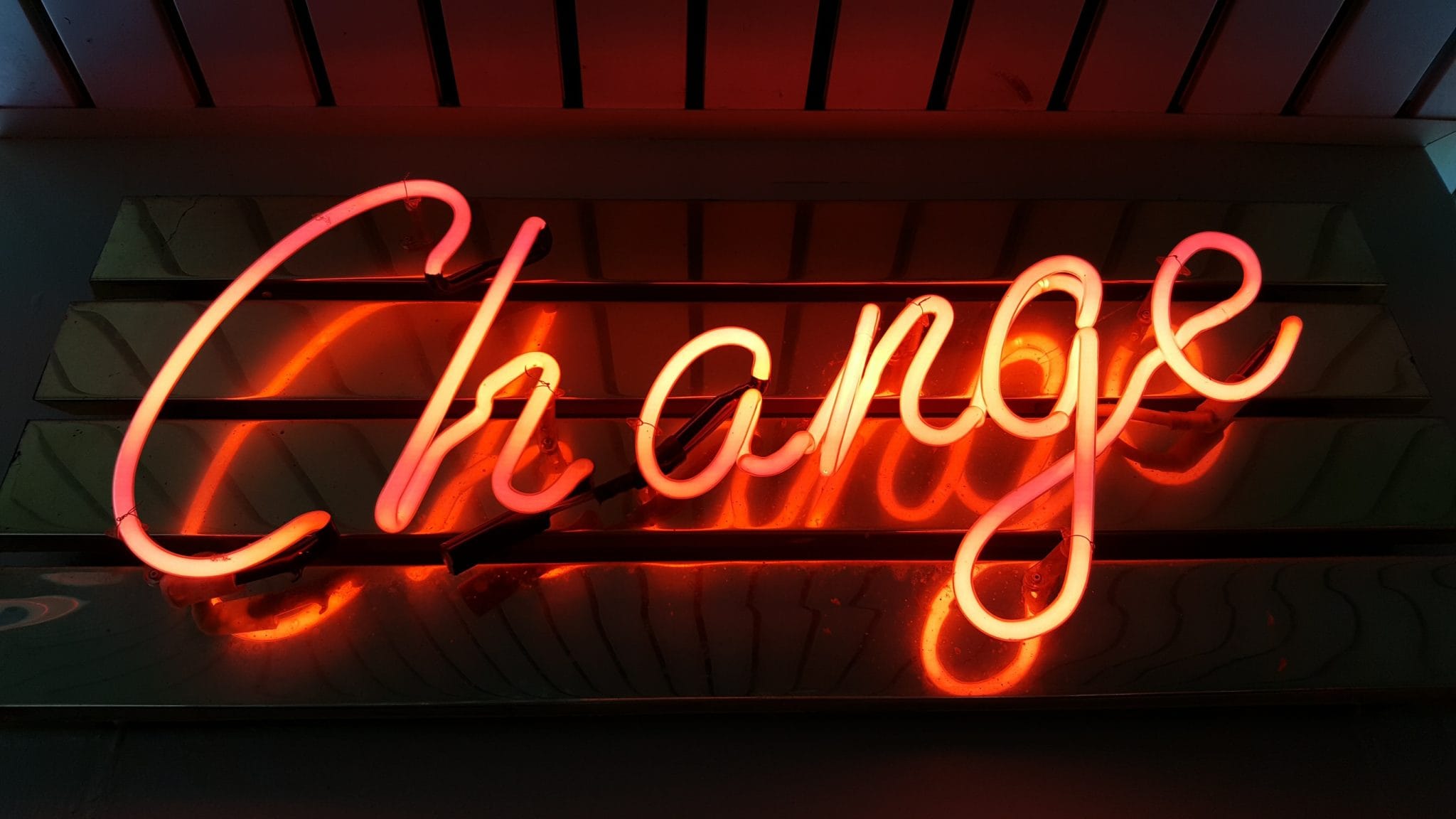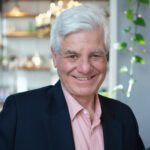All compounded phenomena are impermanent. That simple, almost banal statement is where Buddhism starts. Everything made of parts eventually falls apart. It’s so obvious as to seem uninteresting. Yet there is no truth more important to our lives. We humans struggle mightily to deny impermanence (call it death instead, and you’ll see what I mean), and so cause ourselves the endless suffering known as samsara. When we embrace it, it’s the gate to the path of enlightenment.
The truth we call change, the theme of our special section in this issue, goes by many names. Impermanence, in terms of time. Emptiness, in terms of space. Anatman, no soul, in terms of religion. Or just plain death, when we’re ready to really face the truth. No matter what we call it, the sad but beautiful, threatening but liberating message is: there is nothing we can hold on to.
But how hard we try. There are so many things we take refuge in, places where we seek identity, security, and comfort: home, family, accomplishment, political belief, pleasure, our favorite sports team, and failing all that, the ultimate refuge of religion.
All are good things, but in the end they will betray us, revealing life’s fundamental transience. But the cost of our illusion is much greater than mere disappointment. It lies in the very nature of denial.
To deny the world’s openness and fluidity—and our own—we must close and solidify it, and ourselves. This is not a selective process, in which we can customize our denial according to our likes and dislikes. We either deny reality or we don’t. We are open and vulnerable or we are closed and solid. We protect ourselves from fear at the cost of our happiness. We protect ourselves from sadness at the cost of our love.
Fortunately, there is a qualification to Buddhism’s basic premise: all compounded phenomena are impermanent. Yes, all relative, conditional phenomena are unreliable and unsatisfactory. And if that were the whole story, then what would be left besides pessimism and nihilism, the natural reflection of a purely materialist point of view? Under those circumstances, “party on” would seem to be as good a response as any.
This is why Buddhism has been mistakenly accused of being negative or pessimistic. The truth of change—and our denial of it—means that life as we habitually live it is full of suffering. But we’re not stuck there.
When we open ourselves fully to the reality of change—when we go through that gateless gate— we open ourselves simultaneously to a deeper, truer nature that is beyond all conditions, concepts, identities, and boundaries. This is the level of unconditional being called buddhanature, the open space of awakened heart and mind.
Buddhanature is not a myth, distant goal, or article of faith. It is always present and available. In the traditional phrase, it is the buddha in the palm of our hand. It appears whenever we give it a chance. All we have to do is notice.
Consider how in the presence of a suffering loved one, we drop our usual self-concern. What we discover in that space is not some neutral blankness but our natural warmth and compassion. That is buddhanature. Or when we are lost in thought and some surprising sight cuts our internal discourse. What we experience in that gap is openness, clarity, and appreciation without commentary. That is buddhanature, so beautifully described by Tsoknyi Rinpoche in this issue as the mind of emptiness and luminosity.
Embracing change, we discover the changeless. Accepting loss, we discover love. Finding no refuge, we discover that is the true refuge. And finally, returning to those very conditioned phenomena whose impermanence was giving us so much trouble, we find that they are but the joyful display of awakened mind, magically manifesting moment by moment.

